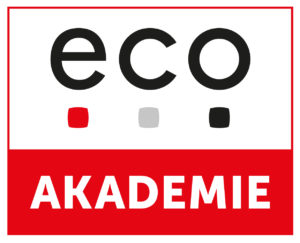“Who’s actually behind this website? Who did this email come from?” Lack of reliable verification of organisations, persons or products is one of the grey areas in the use of the Internet. Comments and actions range from calls by prominent politicians for experts to finally make the Internet secure, to increased national cordoning, censorship or compulsory use of clear names, right through to innovative approaches to digital identities and all-round encryption – getting to grips with this all is something of a challenge.
One of the decisive success factors for the triumph of the Internet was and is the anonymity of its users. At the same time, however, anonymity is also one of its potentially greatest risk factors when it comes to fake news, IPR infringements, or hate speech in social media. No wonder the call for unique and secure digital identities is getting louder. Some countries are even on the path to completely prohibiting pseudonyms on the Internet. In the midst of this discussion, which has been going on for years, there is now an increase in platforms that offer easy access to the Internet via digital identity: As these providers see it, remembering many different passwords is tedious and it is easier to use a single sign-on platform. There is, for example, access via Facebook as a passe-partout for all kinds of other services; but others have the same goal, such as banks and similar organisations, as well as special access platforms like Verimi, Net ID or even the mobile phone number as an identifier.
A secure digital identity would also be a good way to prevent identity theft or at least make it much more difficult. The more we use the Internet, make purchases, take out subscriptions, etc., the more frequently we enter our data such as name, address, account and credit card details, etc. Most of the time, this sensitive data is only secured by a simple password, often with the same one used on the most diverse platforms. Without a doubt, digital identity is primarily about improving the legal security of transactions, information and communication, about improved usability, but some also hope for additional traffic on their platform; for example, with the possibility to collect and monetise data, or to be able to offer their own services to a larger than usual circle of users. It is patently obvious that data protection, trust and security play a major role, especially with regard to these aspects, and that many other legal elements must be taken into account.
According to estimates by the German Federal Printing Office (Bundesdruckerei), almost 34 million German citizens could already benefit from such a secure identity with their personal ID card. This has an online function and, with a corresponding process – via app, reader and a PIN – enables a secure verification. But only a few avail of this option, with the majority instead submitting their data as an insecure identity to all kinds of commercial platforms – which is one of the big conundrums in Internet use.
This is an important topic that the GIMI member German ICT + Media Academy highlights every year in an expert (German-language) roundtable hosted by the eco Academy.




